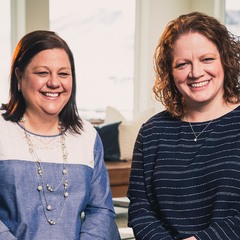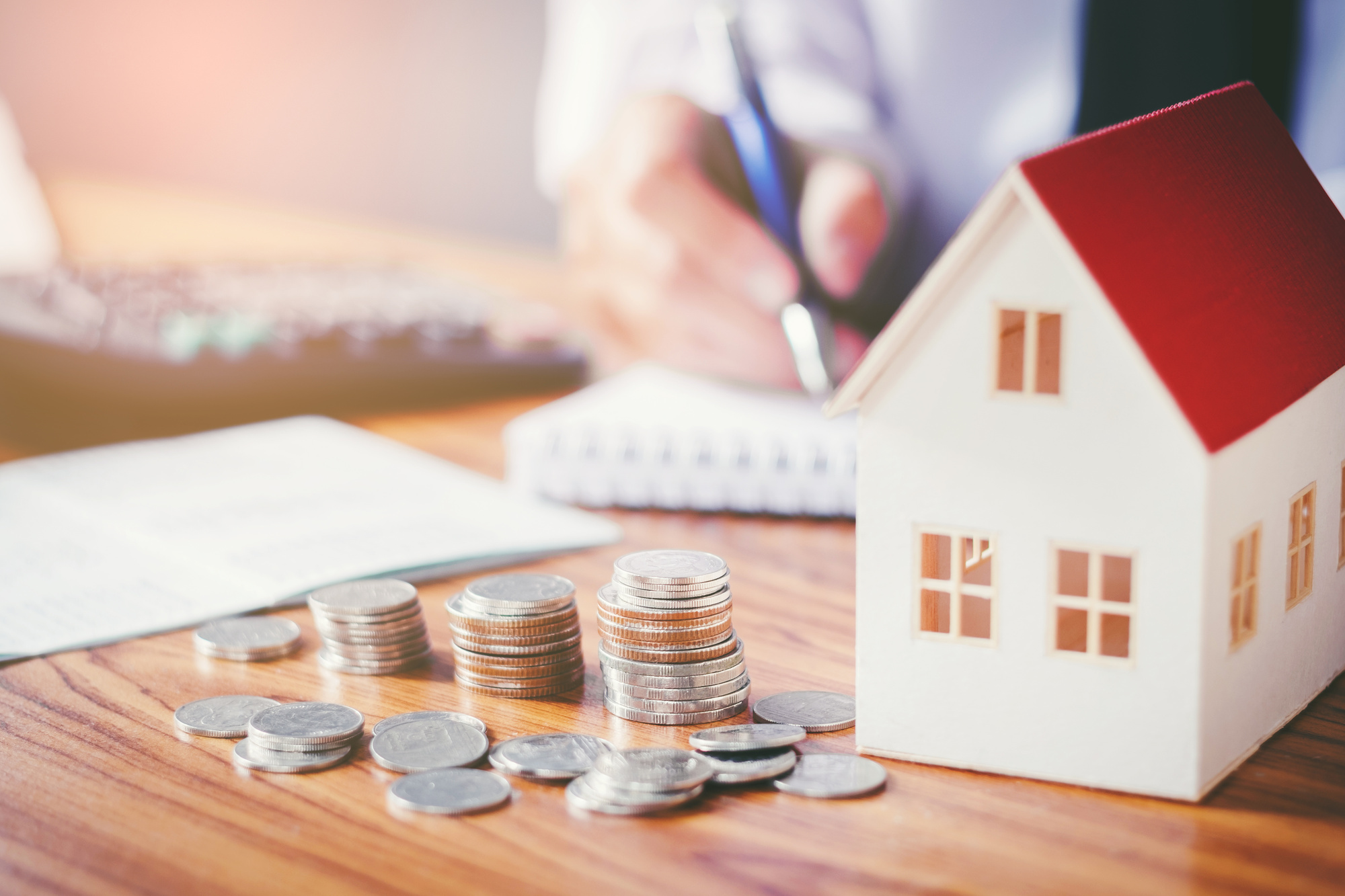How to Save For a Down Payment and Other Home-Buying Costs
Buying a house is a surprisingly expensive process, not just because you’re taking out a mortgage. There are other expenses along the way that you need to think about, too. With that in mind, buying a house means that you need to do more than know how to save for a down payment.
Curious what other expenses are involved in the process? We’ve got you covered! Read on to learn about all of the expenses you encounter while buying a house.
1. Down Payment
Most potential buyers get two pieces of advice long before they start shopping for their dream home: get your credit in order and save for a down payment. Both of these items boost your chances of approval for a mortgage.
Ideally, your down payment equals at least 20 percent of the home’s asking price. That’s $20,000 in down payment for every $100,000 of home value. Mortgage companies have relaxed some, and you can probably get away with 10% down, or even less, but you might need to pay private mortgage insurance (PMI) until you’ve paid a certain amount on your home.
2. Earnest Money Deposit
An earnest money deposit is something you don’t ever hear about until you’re already shopping for a home.
The first thing you need to know about earnest money is that it’s not required, but it is highly recommended in today’s competitive real estate market. Earnest money is money that you pay to the seller as a demonstration of good faith when you put an offer on someone’s home. If you pull out of the deal after a certain point, then you would forfeit the earnest money to the seller.
That said, it’s not an additional expense. Once the sale of your house goes through, the earnest money either goes toward the down payment or the closing costs. Work with your realtor to determine how much earnest money to put down when you make an offer.
3. Closing Costs
The last major expense to plan for when buying a house is the closing costs. Closing costs include all of the fees associated with buying and selling a home, including the loan origination fee, title examination, and escrow deposits, among other items. Expect the closing costs to be about 2 to 5 percent of the total purchase price of the home.
You’ll get a copy of your closing costs three or more business days before you close, but you need to start budgeting for them long before then. Savvy buyers might even be able to negotiate for the seller to cover closing costs.
Knowing How to Save for a Down Payment Is Just One Part of the Buying Process!
One of the first things people teach us about buying a house is how to save for a down payment, but they neglect to tell us about all of the other parts of the process that cost us money. From the earnest money to closing costs, you have to be prepared to make all of these payments or your purchase could go up into thin air. The more prepared you are, the easier the process will be!
Are you looking for an incredible realtor who can help guide you through your Utah Valley home purchase? Contact us today to learn how we can get you into your perfect home!


